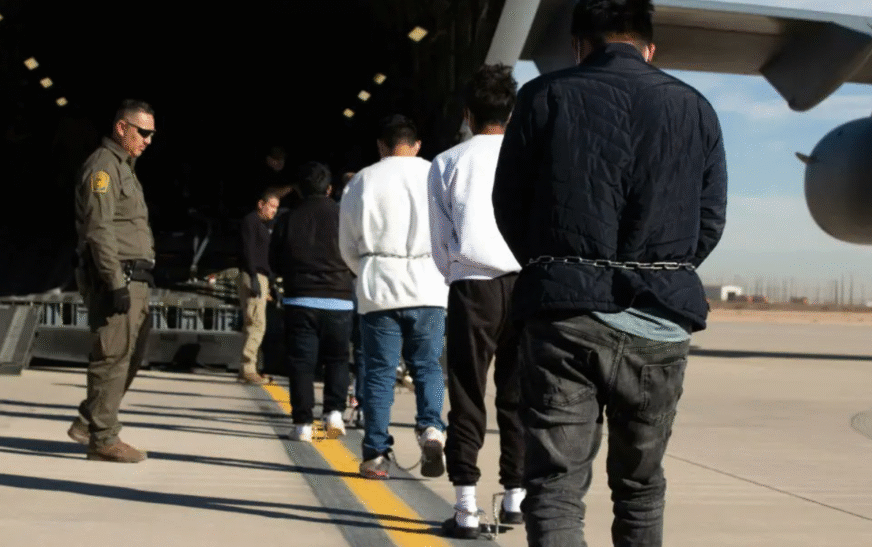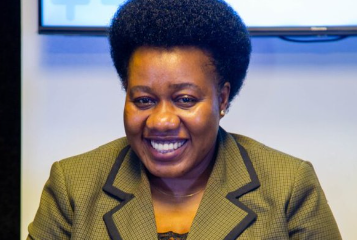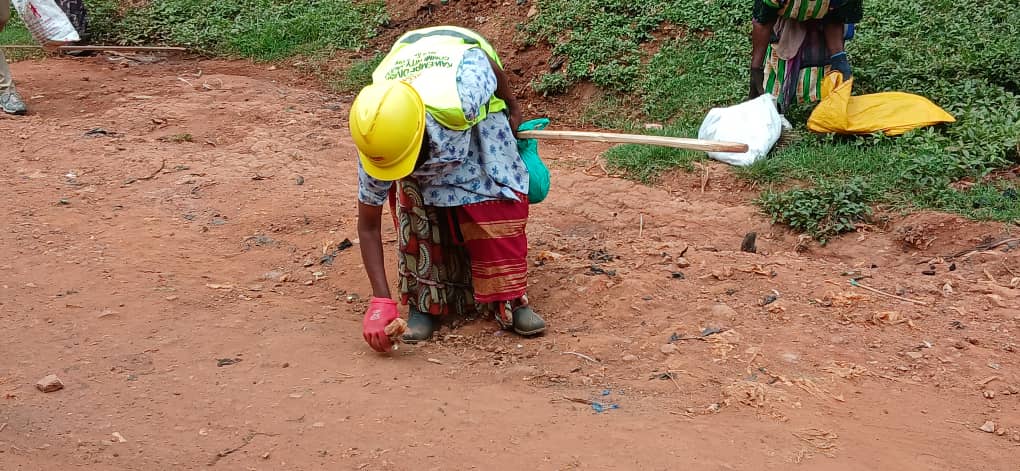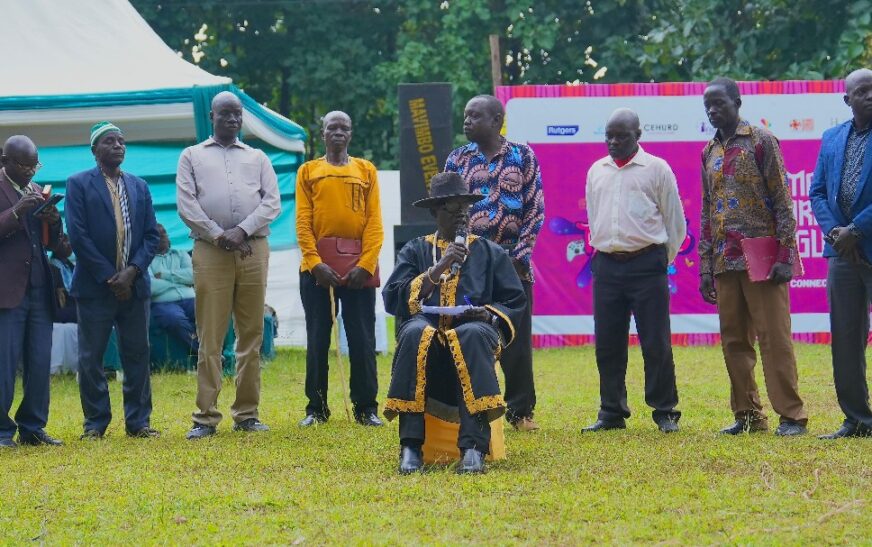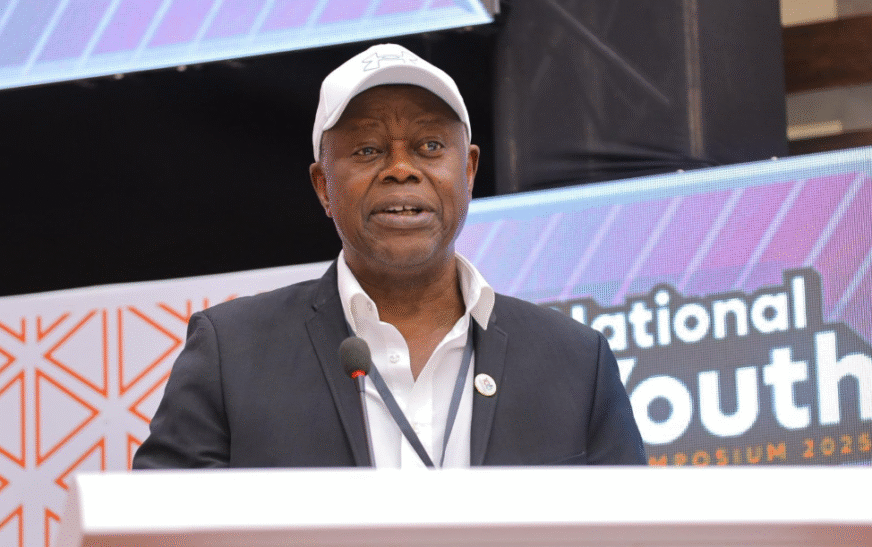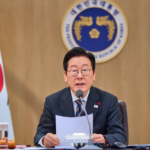The Ugandan government has officially confirmed a bilateral agreement with the United States to receive deported migrants, most of whom are African and Asian nationals who sought asylum along the U.S.-Mexico border.
The deal was confirmed by Vincent Bagiire, Permanent Secretary at the Ministry of Foreign Affairs, in a statement outlining the framework and conditions of the arrangement.
“As part of the bilateral cooperation between Uganda and the United States, an agreement for cooperation in the examination of protection requests was concluded,” Bagiire said.
The agreement targets Third Country Nationals—individuals who are not U.S. citizens and do not wish to return to their countries of origin, often due to safety concerns. The migrants are not necessarily Ugandan, nor are they from Uganda’s neighboring countries.
According to Bagiire, the arrangement is temporary and comes with key conditions: Migrants with criminal records will not be accepted, Unaccompanied minors will be excluded, Uganda prefers migrants from African countries and Final modalities are still being worked out by both governments.
However, the number of migrants Uganda has agreed to receive remains unclear, and there is growing concern about the country’s capacity to integrate and protect non-national deportees.
Human rights organizations have swiftly condemned the agreement, warning that it may put vulnerable individuals at further risk.
“Deporting migrants to third countries without proper safeguards is a violation of international protection standards,” a human rights expert told the BBC, speaking on condition of anonymity. “Such deals ignore the dangers many of these people fled in the first place.”
Critics argue that relocating asylum seekers to countries where they have no ties—culturally, linguistically, or socially—could expose them to secondary displacement, legal limbo, or even persecution.
The Uganda-U.S. deal is part of a broader campaign by former U.S. President Donald Trump to expand deportation agreements with third countries during his second term in office. The Trump administration has pursued similar pacts with Honduras, Rwanda, Panama, Costa Rica, and most recently, Paraguay.
CBS News reports that Honduras will receive hundreds of deportees from Spanish-speaking countries over the next two years. Rwanda, under a separate agreement, has agreed to take in up to 250 migrants, with the right to approve each case individually.
In June 2025, the U.S. Supreme Court upheld the administration’s authority to deport migrants to countries other than their home nations, without requiring an assessment of potential risks. Justices Sonia Sotomayor, Elena Kagan, and Ketanji Brown Jackson strongly dissented, calling the ruling “a gross abuse” of judicial responsibility.
While Bagiire confirmed the existence of the agreement, the Ugandan government has not issued a comprehensive policy statement or briefing on the matter. Uganda has previously taken part in international resettlement programs but has also faced scrutiny over transparency and rights protections for non-citizens.
As international attention on the deal grows, rights groups are calling on Kampala to publish full terms of the agreement, establish independent oversight, and ensure that no individual is returned to danger.

